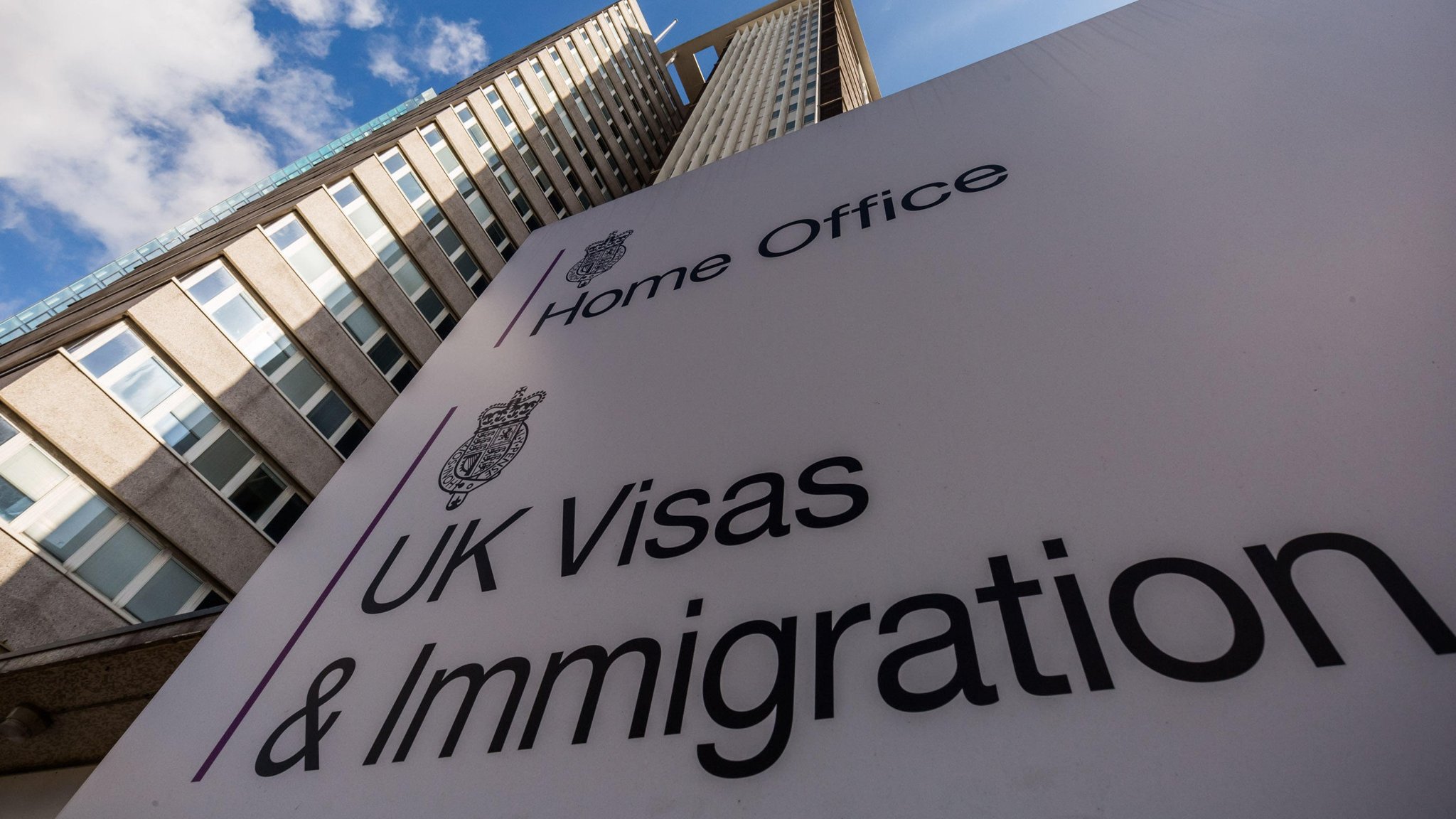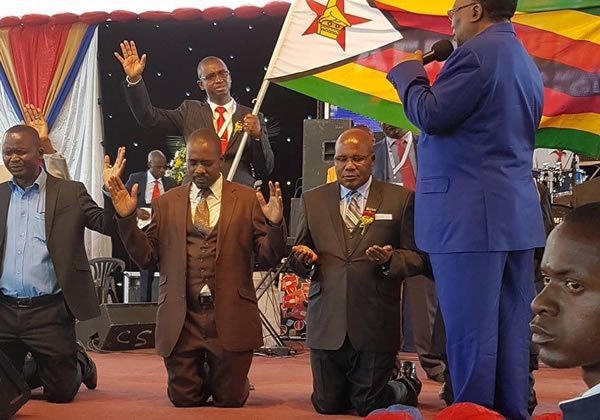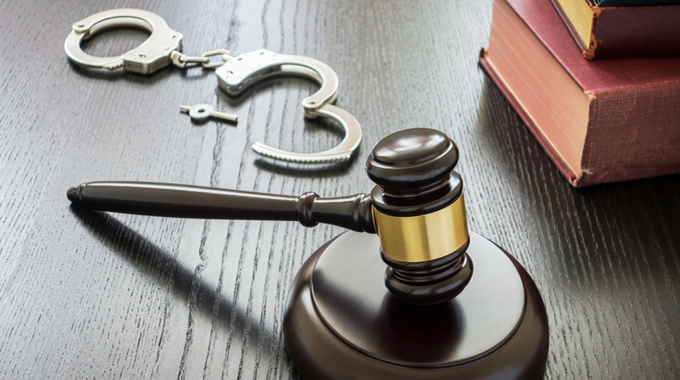The first week of July 2016 saw the mounting of pressure on the failing Zanu PF-led regime in Harare. The spontaneous strikes or wild cat strikes which later became violent started in Mutare with public transport owners withdrawing their services due to corruption. It was followed by disturbances in the border town of Beitbridge which saw the Zimbabwe Revenue Authority warehouse burnt to ashes. As the national shutdown day loomed, kombi owners in Harare withdrew their services citing corruption from traffic police as well.
By Pardon Maguta
The people’s demonstrations, unlike in previous cases, were not powered by any political party. Ordinary people tired of daily corruption driven by police on money-making roadblocks and other vices like poverty, unemployment etc ignited the crisis and forced people to take matters into their own hands. Some of the causes of the riots are:
Unemployment: For years analysts have warned President Robert Mugabe and his Zanu PF cabal to stop dismantling the economy. They never listened. The millions of jobless youths, graduates and the likes are now the vanguard of new movements that will lead to the demolition of Zanu PF. Land invasions destroyed jobs benefiting a handfull of Zanu PF leaders.
Indigenisation chased away investors and saw the collapse of the few industries that were still operating. The angry youths cannot fold their hands and scavenge for food while a few people are obese from the robbing the poor and live like pharaohs in ancient Egypt. The youths want jobs and maybe the one way they have now is to express their anger and frustration through action. Mugabe and his team must create jobs as soon as possible or the face-off is likely to continue until we have fresh elections.
Import ban: The import ban of basic foodstuffs in order to protect local industries remains unwelcome. Which industries are you protecting? Why cannot they compete? Why can they not get loans from banks to mechanise and retool? Why ban importation of foodstuffs during a year of national disaster? The government must answer all these questions. People are actually fending for their families and gainfully employed through these banned imports. So strikes will continue unless the ban is lifted.
Poverty: The widespread poverty in a land awash with minerals like gold, diamonds, platinum etc, poverty on farms, high-density locations and growth points — all these are sufficient breeding ground for radical political movements which can defeat any dictatorship. Zanu PF bred this. It’s now payback time. The people are fighting for a decent living. Hungry, angry and provoked, violence as retaliation by the povo was inevitable. In the middle of squalid living conditions for the ordinary people, political elites are getting all they want. So as long as poverty is rampant, collision is unavoidable.
Dictatorship: The dictatorial tendency of Mugabe’s government is mainly to blame. This is so given his party’s tendency to ignore the voice of others. They do not even respect their party structures’ decisions, insult opposition parties like rubbish and attack war veterans. They also ignore the advice of technocrats and experts. They ignore and insult the international community.
In fact, it is now known that they carry out policies which aim to benefit the Zanu PF top brass. So the people are now battling for their share of the shrunken cake. No one can come to Zanu PF’s aid because of its arrogance and bad-boy character.
The possibility of Zanu PF and Mugabe sorting out these problems and others not mentioned here are remote. The more radical elements of the demonstrations are now demanding he resigns. This will make the demos protracted. But the people’s anger has already been felt.
Does Mugabe, once loved and later feared, face the fate of former Ivory Coast president Laurent Gbagbo’s ending? Let us wait and see.







